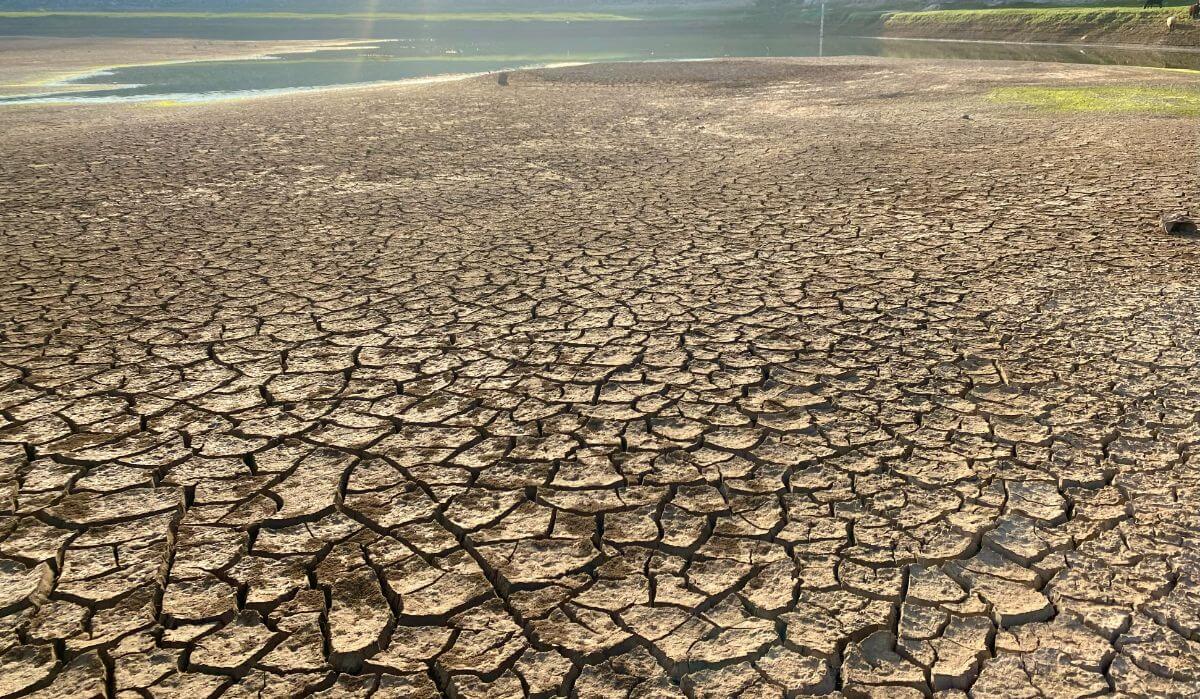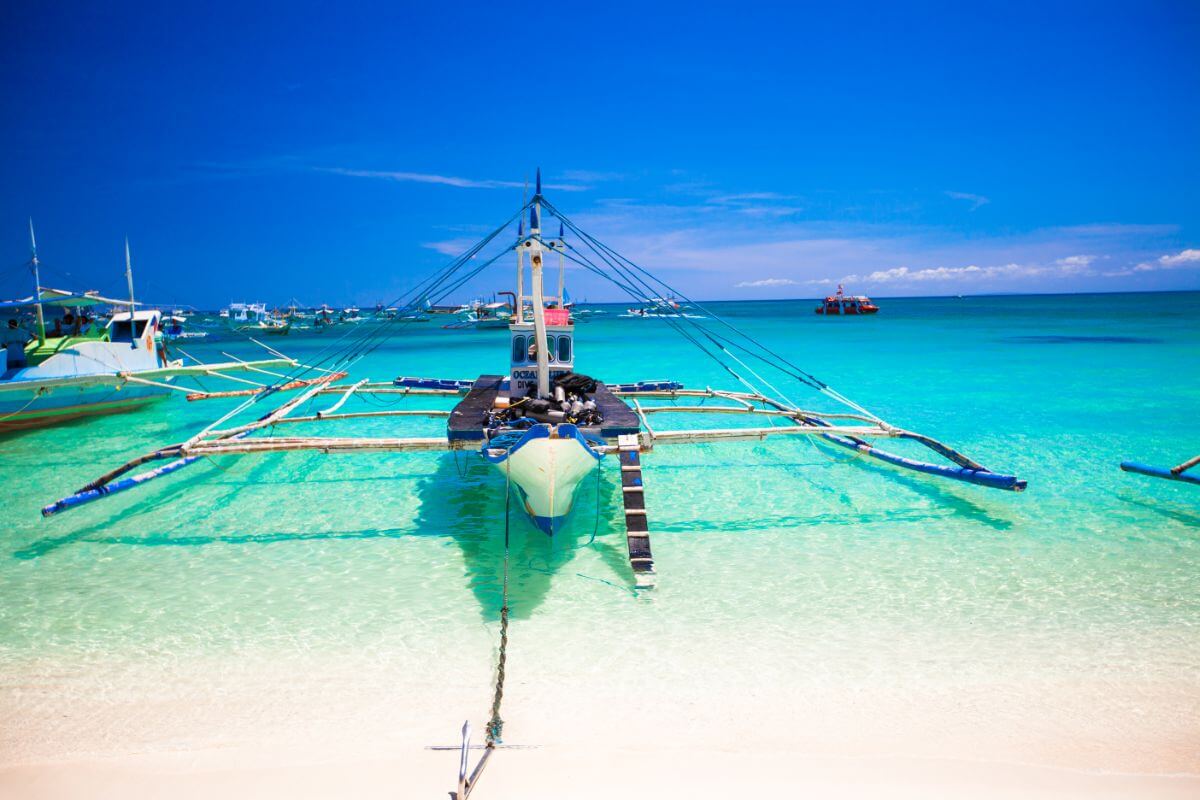
Do we truly understand the state of climate change and its possible impact on our homes? We know that a hotter planet can hurt both communities and businesses, but with a projected rise of temperatures of up to two degrees Celsius looming over us, we need to know who will suffer — and what to do about it.
After all, what gets measured can be managed. Knowing what climate change means for businesses in the Philippines means we know what we can do to curb damage to our country, and how to best adapt to this new landscape.
So, what is the current state of the climate crisis, and how can businesses in the Philippines best prepare for a greener future?

A recent report into the future global climate looks bleak. We are looking at a projected 1.5°C and 2°C increase in temperature worldwide — and while these numbers seem small, they make a much larger impact than you think.
To give you a better idea of what this means, let’s look at what might happen to water availability if a 2°C increase takes place. In places like North and South Africa, Australia, and Southern Europe, more than 61 million people will experience severe drought and other types of water shortages.
At 2°C, Several parts of Asia will be prone to flood risks, as well as extreme heat waves — with central and southern regions experiencing the worst of it. In fact, research shows that this could affect up to 37% of the world’s population.
These temperature increases, though they seem negligible, do matter. That said, they are inevitable — the concern here is how to keep it at a manageable number.
So what these reports are showing us is the worst-case scenario, if we don’t manage to make the changes we need within the next few years. It shows us that we need to act, and fast.
If we manage to maintain the global temperature increase at or even below 1.5°C, then the impact will be less severe. This means fewer extreme events, less strain on natural resources, and more opportunities to revive the ecosystems and biodiversity that we rely on. In short, it means that adapting will be less difficult.

The impacts of climate change aren’t evenly spread out, because not every country has the same environment. Temperatures increase at different speeds everywhere, too.
At present, about one-fifth of our planet is already seeing the more serious effects of rising temperatures in at least one season — the Philippines included.
Did you know our home is the third most vulnerable country to climate change? The effects of weather extremes and the disasters linked to them have always been more devastating in the Philippines.
Many people know we are more prone to storms and typhoons thanks to our location, but the actual numbers behind this are staggering. More than 20 storms enter our area each year, of which 10 are typhoons, and 5 of these have the potential to be destructive ones.
That’s 5 times a year that our people have to suffer from life-threatening disasters like flooding and mudslides. And it doesn’t stop there — each time we face the effects of climate change, we also have to deal with threats to biodiversity, housing, food security, public health risks, and endangerment of vulnerable groups.
These effects even extend to our livelihoods. Our coastal resources and grasslands are highly vulnerable, too, to the projected increase in temperature.
What we’re looking at is millions of our people facing challenges to their health, work, security, and more — and this risk increases each year, which poses the risk of social unrest and violence. In the absence of action, more and more Filipinos will suffer the consequences of climate change.
While the data we’re seeing now tells us that climate change is inevitable, it also shows us that it is not too late to try and change its course. This will require bold, collective action, and fundamental changes in our society — particularly how we grow food, use land, produce goods, and power our cities. This is where businesses like us can step in.
While many companies are looking to implement sustainability in how they do business, bigger changes fueled by global organizations are also rising. Take, for example, the Task Force on Climate-related Financial Disclosures (TCFD).
This organization was made to increase transparency on climate-related risks, which is possible through the help of their supporters — private businesses — who commit to voluntarily releasing climate-related financial risk disclosures. This is important information for investors and other stakeholders, who wish to patronize companies that work sustainably and eco-consciously.
The work that the TCFD does also increases transparency for markets, and pushes businesses to become more thoughtful and considerate of how their business contributes to climate change. This, in turn, should help markets become more efficient, stable, and resilient overall.
Today, there are more than 1,000 supporters worldwide for the TCFD, showing that there is a significant shift in what people value in business. And, it shows that there is a building momentum on climate action, which we must preserve to build more resilient societies and a greener future for all.
Aboitiz as the first Philippine Supporter of the TCFD
Heeding the worldwide call to action and following our decades-long commitment to our sustainability practices, Aboitiz Group joined in as the first Philippine supporter of the TCFD.
The recommendations put out by the TCFD are things we hope to integrate into our long-term strategies. Through that, we seek to address the climate-related risks in our businesses and host communities, as well as enhance our ESG initiatives.
The disclosures we make are also something we hope to further strengthen. We already make yearly reports on this front. But, with the guidelines set by the TCFD and considerations of physical, liability, and transition risks associated with climate change, we aim to provide even clearer, more reliable information for our stakeholders.
The climate crisis, as you can see, drastically changes how we live, and how we work. Almost all industries will be threatened by its impact, as it causes a ripple effect from our natural resources to our societies.
What climate change means for businesses, then, is a call to action. Though it is happening much more quickly than expected, we have still not lost the race against climate change.
With measures like the TCFD, organizations like Aboitiz Group can lower the risks that come with rising temperatures, and even make meaningful progress toward a greener future.